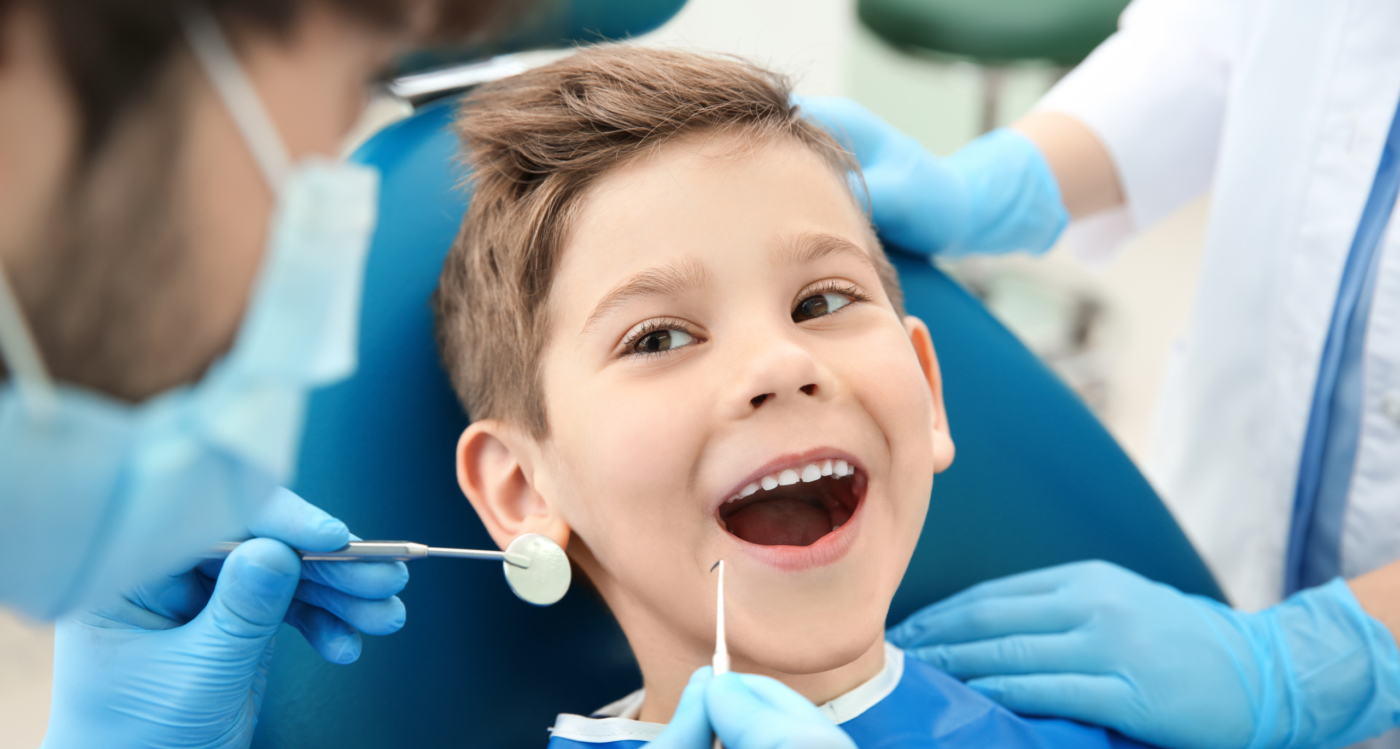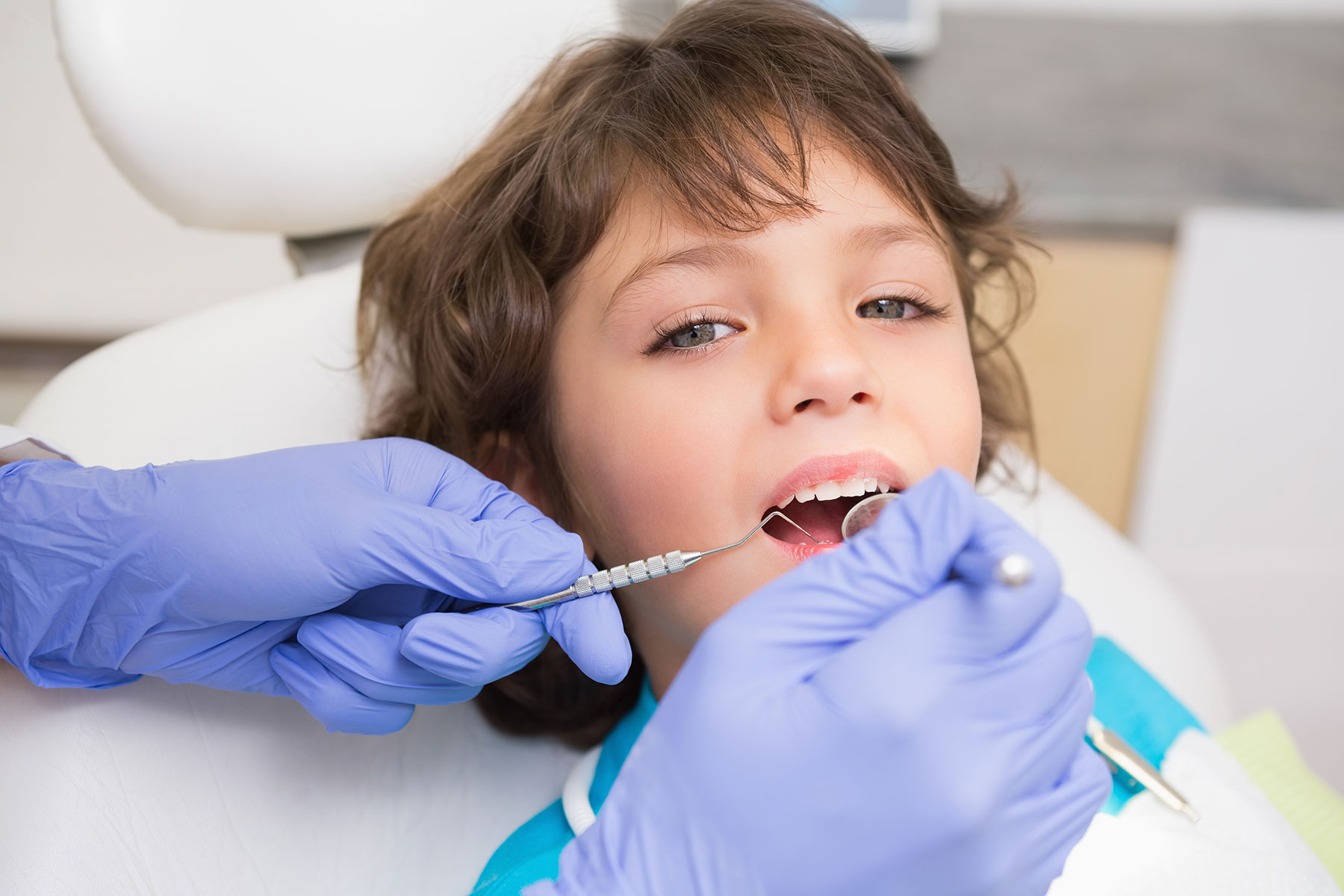The first dental visit for your child is a significant step in their journey to good oral health. Knowing what to expect can make the experience smoother for you and your little one. This article will guide you through what to anticipate during your child’s first dental appointment, from preparations to the examination.
1. Preparation for the First Dental Visit:
Before you even step into the dentist’s office, there are a few essential preparations. Firstly, choosing a pediatric dentist for your child’s inaugural dental visit is highly recommended. These specialists are trained to cater to children’s unique needs, creating a comfortable and child-friendly environment. Secondly, educating your child about what to expect can go a long way in alleviating anxiety. Explain that the dentist will examine their teeth and mouth to ensure they’re healthy and robust. You can even read children’s books or watch videos about dental visits to make the idea more familiar to your child. Gathering your child’s medical history, including allergies, medications, and existing medical conditions, is essential to tailor the experience to their needs. Finally, ensure you have transportation to and from the dental office, as your child may feel tired or disoriented after some procedures.

2. What to Expect at the Dental Office:
As you enter the dental office, expect a warm and friendly reception from the staff. The atmosphere is designed to be child-friendly, often adorned with colorful décor to create a welcoming environment. You’ll likely need to complete some paperwork, including health history and consent forms. The dental staff may offer a tour of the office to familiarize your child with the surroundings, helping them feel more at ease. Soon, your child will meet the dentist, who will introduce themselves and create a reassuring atmosphere. Trust is established through engagement and by answering any questions or concerns you may have.
3. During the Dental Examination:
The dental examination begins with a thorough oral inspection, including the teeth, gums, and mouth. This examination helps the dentist identify potential issues like cavities, tooth misalignment, or early signs of gum disease. A teeth cleaning may follow depending on your child’s age and dental health. Special instruments are used to remove plaque and tartar from the teeth. In some cases, dental X-rays may be recommended to gain a more detailed view of your child’s oral health, revealing hidden problems like cavities between teeth. The dentist or dental hygienist will demonstrate proper brushing and flossing techniques and educate your child on the importance of good oral hygiene.

4. Post-Examination Discussion:
The dentist will discuss their findings with you after the dental examination. They’ll provide valuable feedback on your child’s oral health, offer practical recommendations for maintaining a healthy smile, and patiently address any questions or concerns you may have. If any dental issues are identified, the dentist will explain the available treatment options and work with you to develop a personalized plan, ensuring the best care for your child’s oral well-being.
5. Additional Procedures:
Sometimes, the dentist may recommend additional procedures to enhance your child’s dental health. These procedures may include dental sealants to prevent cavities, fluoride treatments designed to strengthen their teeth, or orthodontic evaluations for potential alignment issues. The dentist will engage in a thorough discussion with you regarding these procedures, including the associated costs and what you can expect during and after each intervention. Your child’s smile is in capable hands, and these treatments are tailored to support their long-term oral health.

6. Comfort Measures and Creating a Positive Experience:
Throughout the visit to the dental clinic, the dental staff is trained to provide comfort measures for anxious or nervous children. This may include explaining procedures in a child-friendly manner, using positive reinforcement, or offering distractions to keep the child at ease. Praise and encouragement for your child’s cooperation during the visit can make subsequent visits more pleasant. Maintaining a calm demeanor is essential, as children can pick up on their parents’ emotions. Stay calm and relaxed to help your child feel at ease. After the dental visit, consider planning a fun activity or treat as a reward for your child’s cooperation. Nowadays, with the aid of the internet, you can quickly locate dentists nearby; for example, if you reside in Chula Vista, search for a “pediatric dentist in Chula Vista” on the internet, and you’ll find plenty of options.
Conclusion:
Your child’s first dental visit sets the stage for a lifetime of good oral health habits. Choosing a pediatric dentist, preparing your child, and understanding the process can create a positive experience. Regular check-ups and follow-up appointments will ensure your child maintains a healthy and bright smile.
Also, Read The Following: Med Spas in Kansas City.


